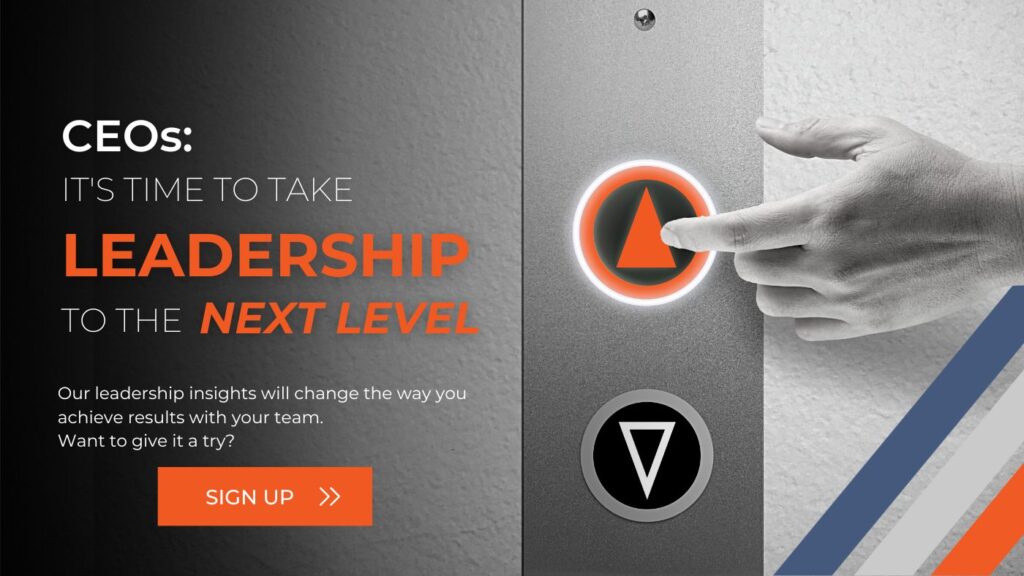BIG IDEA:
Today, more than ever, the world demands that leaders act with purpose and integrity.
“I think it’s harder to be a leader than it used to be,” Rob Chesnut, the former Chief Ethics Officer of Airbnb and the author of Intentional Integrity: How Smart Companies Can Lead an Ethical Revolution, told us on our Lead the Future podcast. Chesnut explained that leaders used to only be expected to make money. “Today, you are expected not only to make money but to do it while leading from the heart.”
Employees and consumers today expect companies to have a “North Star,” a purpose that’s larger than simply making money for shareholders, Chesnut told us. Companies like Uber have taken severe reputational damage because of unethical or unsavory behavior on the part of leadership. On the other hand, Chesnut argued, companies that understand the importance of purpose and integrity and pursue these things proactively can benefit.
Chesnut shared a powerful story about what happened when he, as Airbnb’s General Counsel, responded to complaints online that people of color were having trouble booking rooms on the platform. He said he immediately started looking at the company’s legal liability, but when he brought the issue to the CEO, Brain Chesky, Chesky said he didn’t care about the legal technicalities. “‘Airbnb’s purpose is to connect people,’” Chesky told Chesnut. “‘If this sort of behavior is really going on our website, we are failing as a company. So, I don’t really care what the law is because we’re going to fix it. And if it costs us a bunch of money, that’s fine too.’”
Chesnut said that this was not only the right thing to do morally, it was the right thing to do for the company in the long term, because it would inspire employees and customers. “You’ve got to have that bigger purpose, and you’ve got to be willing to make decisions that are consistent with that bigger purpose even if they might hurt you a bit in the short run,” Chesnut said.
WHY IT MATTERS:
In a highly transparent world, where employees change jobs frequently, leaders and companies are held to higher standards.
“Integrity used to be doing the right thing even when no one is watching,” Chesnut explained. “Today, everybody is always watching.” The radical transparency of today’s world means that employees and customers alike have access to far more information about the behavior of a company’s leaders than ever before. Bad behavior can be called out in real-time, and every employee, customer, or community member is a potential whistle-blower.
The changing nature of work also affects the way employees think about their employers, Chesnut explained. “Today, people are working at a company for two or three years. They are a lot more mobile, and they are not afraid to speak up if they see something that’s not aligned with their own values.” In a world where employees no longer expect to stay with a company for their entire career, it’s much easier for talent to seek out companies that have a positive purpose—or to leave companies that don’t.
THE IMPACT:
Leaders at any level can have an enormous impact on an organization’s culture.
Defining a company’s purpose starts at the top, with conversations between executives and a company’s board, Chesnut said. But leaders at every level have an important role to play.
“Integrity is contagious,” Chesnut told us. “If people see leaders acting with integrity, then they’re going to step up and want to act with integrity as well. But, of course, the reverse is true.” Leaders who cut corners or enable bad behavior encourage their peers and their employees to do the same. Ultimately, your behavior as a leader sets the tone for your team and for your peers.
WHAT TO PAY ATTENTION TO:
Leaders should think proactively about integrity instead of waiting for a crisis to emerge.
Chesnut told us that, at Airbnb, he held proactive meetings about integrity with leaders throughout the company at least once a year. He’d talk about types of bad behavior that tend to bring companies down, and he’d explicitly highlight the fact that the most successful people at a company tend to be the most vulnerable to rationalizing bad behavior.
“Success actually makes you more vulnerable to these sorts of issues,” Chesnut said. That means that leaders and top individual performers are at high risk of letting their standards slip. Chesnut told us that he used to identify top performers at Airbnb and proactively reach out to them to open this conversation: “Look, you are an extremely talented individual. Because you’re so good, people watch you, they emulate you. And because you are so talented, there might be a natural tendency to think that there are things you can get away with. We can’t have that at the company. In fact, we need you to step up when it comes to your behavior, because you set such an important example.”
Watch or listen to Episode 10 of Lead the Future
Have you set high expectations for the integrity of your team?
Gut Check for Leaders
Read more:
- Does your company have a frat house culture?
- What is the purpose of a corporation in today’s world?
- 5 ways to demonstrate integrity at work
More Leadership Resources
We have many resources to help you become the most accountable leader you be, develop accountable leaders on your team, and scale leadership accountability across your organization.
Signup for our monthly newsletter with the latest Gut Check for Leaders, Lead the Future Podcast, and other important leadership accountability news.





